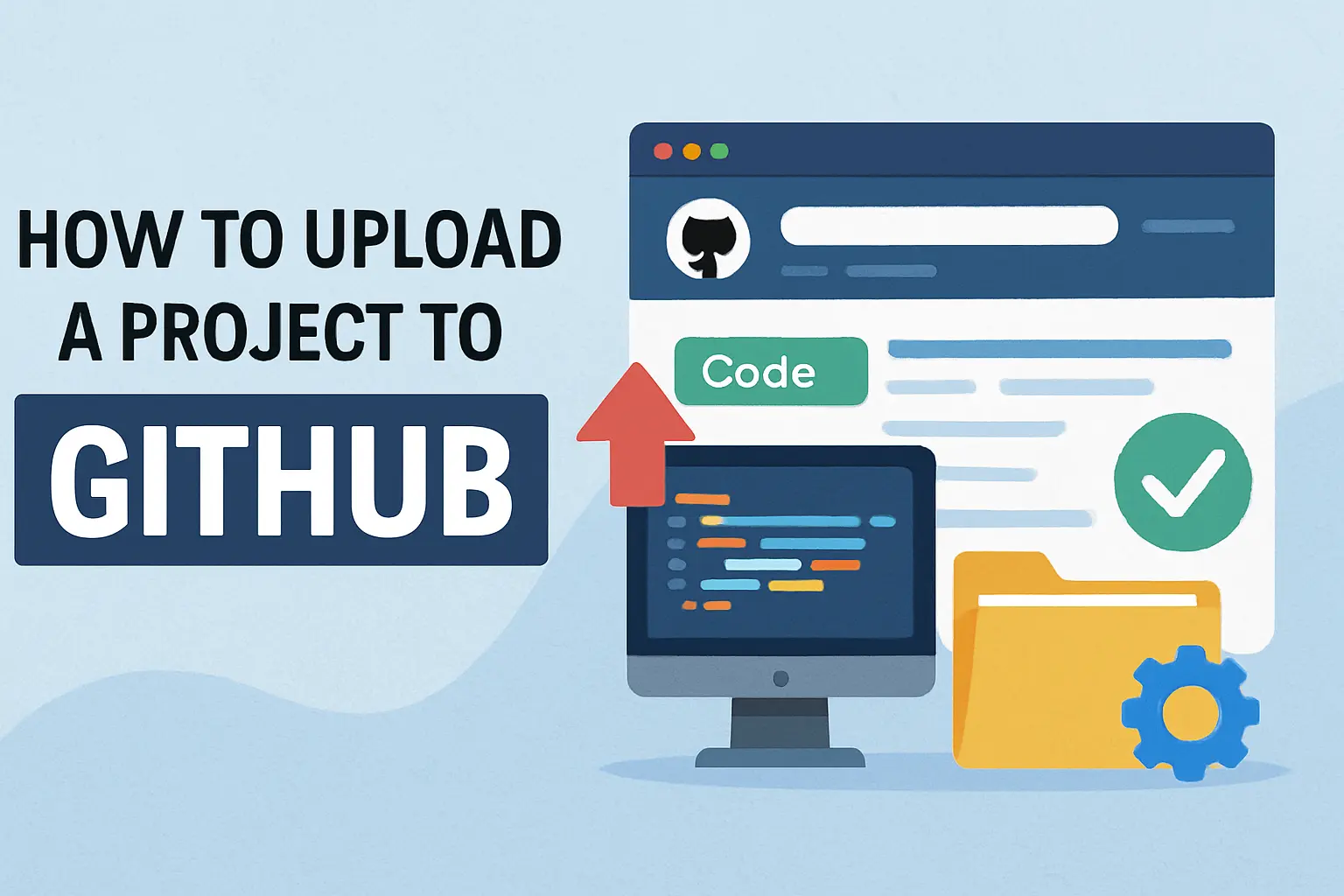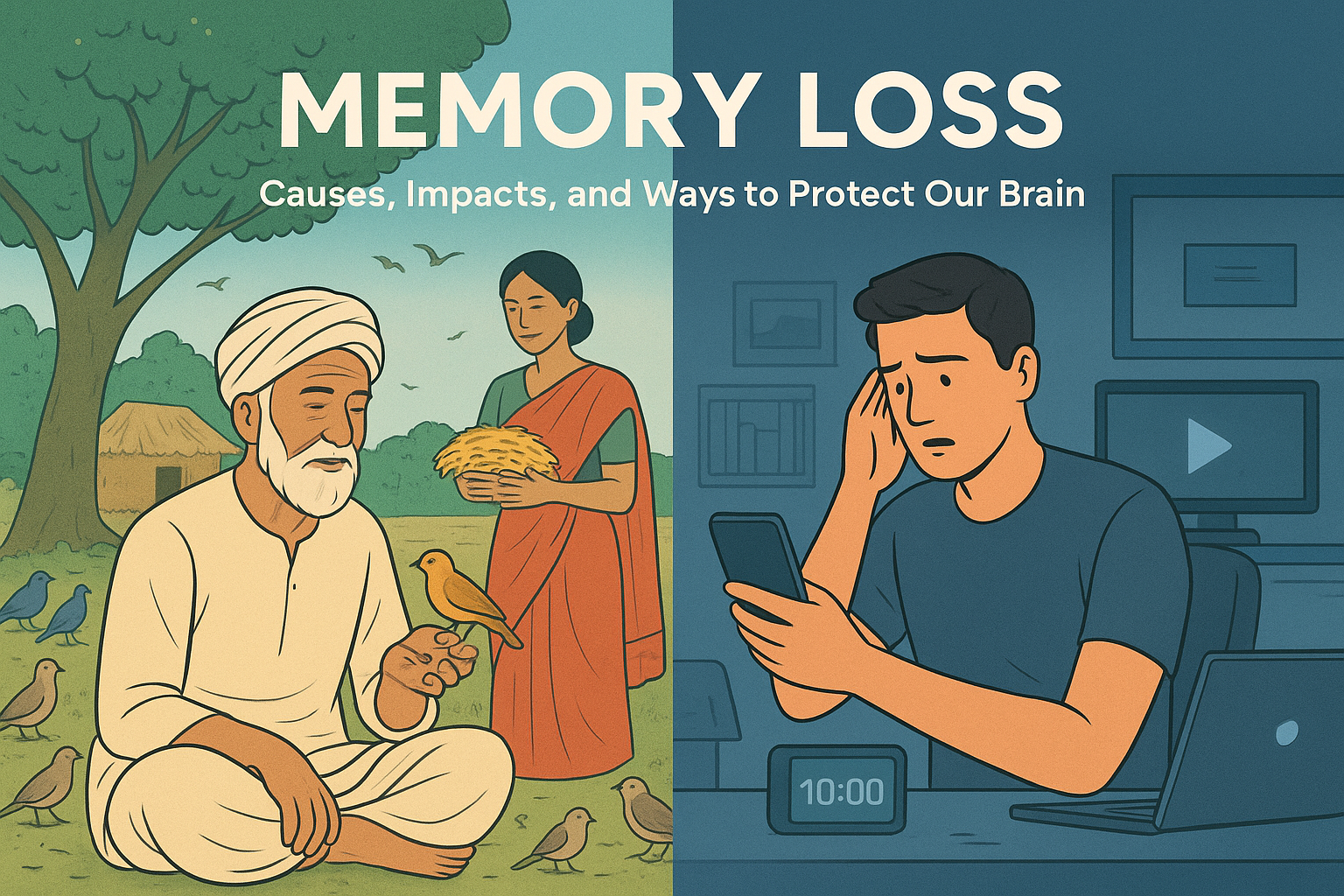Introduction: Dreams vs Reality of Computer Science
Every year, lakhs of students across India step into engineering colleges with dreams in their eyes. For many, the destination is Computer Science Engineering (CSE) — the most popular and hyped branch. Students imagine a future filled with innovation, coding, big tech jobs, and financial freedom. Parents believe it is a guaranteed ticket to a stable career, and colleges market themselves as “the gateway to success.”
But the truth is, behind the glossy brochures, advertisements, and promises, lies a very different reality. Computer Science is not just about choosing a branch — it is about choosing a lifestyle of continuous learning, struggle, and self-growth. And unfortunately, most colleges, especially in hubs like Greater Noida, Bangalore, Pune, or Hyderabad, fail to prepare students for the real world.
I am not just writing this as an observer — I am an engineering student myself. Coming from a middle-class family in Uttar Pradesh, I moved from my village to Greater Noida with the same hopes as thousands of others: to become a successful Computer Science engineer. Like many, I selected my branch not entirely out of passion but because of the hype, peer influence, and the promise of opportunities.
Through this article, I want to share the raw reality of my journey — the struggles, disappointments, and learnings — and also provide guidance for future students so they don’t repeat the same mistakes.
First Year: The Excitement of a New Beginning
The first year of engineering is often the most exciting. For me, it was a fresh start in a new world. The campus felt huge, the classrooms filled with enthusiasm, and the professors seemed knowledgeable. I attended every lecture, every lab, and every seminar. College festivals and events added to the thrill.
During the first year, the marketing dream of the college still feels real. Professors give you motivational lectures, labs are new, and you feel like you are truly learning something important. The sense of belonging to a professional course and the pride of being a Computer Science student makes everything feel worth it.
But what most students, including me, don’t realize at this stage is that the first-year excitement is temporary. Once you move into the second year, the glamour starts fading. The gap between “what you are taught” and “what you actually need in the real world” becomes painfully clear.
Second Year: The Reality Check Begins
The second year of Computer Science engineering is where the excitement of college life starts fading and the reality slowly kicks in. The same classrooms and labs that once felt exciting now begin to feel monotonous. For many students, including me, assignments, lab files, and attendance rules start dominating the entire routine.
At this stage, students expect to explore more practical knowledge, new technologies, and hands-on projects. However, the harsh truth is that most colleges continue with the same theoretical teaching style. Even subjects that are supposed to be practical, like Data Structures or Database Management Systems, are often taught by professors who limit themselves to theory. Labs are scheduled, but they are irregular and rarely provide enough exposure to real coding practices.
The Burden of Assignments and Attendance
By the second year, assignments and lab file submissions become a constant burden. Students are more focused on completing repetitive work just to get grades, instead of learning the actual concepts behind them. This creates a cycle where marks become more important than knowledge.
Attendance is another trap. Most engineering colleges in India enforce strict attendance policies, sometimes even charging fines or making phone calls to parents if attendance falls short. This culture of “compulsory presence” leaves very little time or energy for students to work on self-learning or skill development after classes.
For many students, going to college every day becomes less about learning and more about surviving the system. By the time they return to their hostels or rooms, the energy to study extra or learn new skills is almost gone.
Loss of Practical Exposure
One of the biggest disappointments in the second year is the lack of proper practical training. A Computer Science student’s career depends heavily on skills and projects, but very few colleges provide sufficient opportunities to practice real-world coding. The labs exist, but the time given is too short, and often the exercises are outdated.
As a result, students begin to feel disconnected from the industry’s actual demands. The gap between “what the syllabus teaches” and “what the companies expect” keeps increasing. Without external effort, it becomes almost impossible to stay relevant.
From Enthusiasm to Frustration
By the end of the second year, many students start questioning their decision to take Computer Science. The initial joy of college life gets replaced with the pressure of grades, attendance, and assignments. For me, this was the stage where the real struggle began. It was no longer about enjoying classes; it was about somehow managing academics while thinking about the future.
This is the turning point where students either start exploring self-learning and new skills or simply continue with the academic flow, hoping for placements to save them in the final year.
Third Year: The Beginning of Placement Anxiety
By the time a student reaches the third year of Computer Science engineering, the word “placement” starts echoing everywhere. Seniors begin to share their experiences, most of which are demotivating rather than inspiring. For me, this was the time when I truly realized how difficult the job market really is.
The excitement of the first year and the struggles of the second year slowly turn into fear about the future. The college environment shifts from learning to surviving — with students constantly thinking about whether their institution can actually provide good job opportunities or not.
Reality Check from Seniors
Asking seniors about placements often becomes a double-edged sword. Instead of motivating juniors, many seniors unintentionally discourage them by sharing stories of rejection, poor salary packages, or lack of company visits. This increases the level of anxiety among students and makes them doubt their choices.
It was at this point that I realized one simple truth: depending only on college placements is a mistake. The real competition is outside, and to survive, one needs to build skills and experience beyond what the college provides.
Turning Towards Self-Learning
After understanding the harsh truth about placements, I decided to reduce my college attendance and focus more on self-learning. I explored different fields of Computer Science, but eventually chose full-stack development because it gave me both confidence and real project exposure.
I started working on personal projects, practicing coding regularly, and building a small portfolio. The process was not easy — balancing academics with self-learning required sacrifices. But this was the stage where I finally felt like I was actually learning something valuable for my career.
Internships and Job Applications
With some skills in hand, I began applying for internships and jobs. This was another reality check — sending out 20 applications and barely receiving one or two responses. The competition was tough, and the industry expected far more than what most of us had learned in college.
These rejections were frustrating, but they also taught me the importance of persistence. Every rejection highlighted a skill gap, which pushed me to improve further. I realized that success in Computer Science is not about luck; it is about continuous practice, self-improvement, and the ability to adapt.
The Harsh Truth of Jobs and Internships
By the third and fourth year, almost every Computer Science student is either applying for internships or preparing for final placements. This is when the harsh reality of the job market becomes visible. Most applications go unanswered, and out of dozens of forms filled, only a handful result in interview calls. Even then, the selection process is extremely competitive.
Companies today expect students to have real-world skills, hands-on projects, and strong problem-solving ability. Unfortunately, the college curriculum rarely equips students with these requirements. As a result, students often feel underprepared and disappointed with the results.
Another bitter truth is that not all jobs are worth celebrating. Many colleges highlight “placement numbers” during admissions, but they do not reveal the reality of low salary packages, service bonds, or limited career growth opportunities. A student may get placed, but that does not always mean they are on the path to success.
Life Learnings from My Journey
My personal journey taught me several lessons that I wish every future Computer Science student should know before they begin:
- Choose your college wisely: Never take admission just because someone suggested it or because of flashy advertisements. Always talk to current students before making a decision.
- Select your field based on interest and future scope: Don’t just follow the crowd. Pick a domain where you can see long-term opportunities, like Artificial Intelligence, Cybersecurity, or Data Science.
- Balance academics and skills: Clearing backlogs is important, but practical skills matter even more. Start learning early so that you don’t feel the pressure in your final year.
- Be careful with easy choices: Popular fields like basic web development are overcrowded. Explore unique skills where competition is lower but opportunities are higher.
- Network with seniors and professionals: Building good connections can open the door to referrals and internships that you won’t find in job portals.
- Read placement policies carefully: Many colleges and companies have hidden clauses like bond agreements or limited attempts. Always check the terms before signing anything.
Suggestions for Future Computer Science Students
If you are planning to pursue Computer Science or are already in the middle of your course, here are my honest suggestions:
Focus less on just attending classes and more on building your own skills and portfolio. Make projects, contribute to open-source, and participate in hackathons. These experiences will give you more confidence than any single assignment or exam.
Secondly, always keep an eye on the future. Technology changes faster than any syllabus. A skill that is trending today might be outdated tomorrow. So keep adapting, keep learning, and never stop upgrading yourself.
Most importantly, don’t measure success only by getting a placement. Success in Computer Science is about problem-solving ability, creativity, and adaptability. Jobs will come and go, but the skills you build will stay with you forever.
The Future of Computer Science Careers
The world of technology is changing faster than ever before. Fields that were once considered the core of Computer Science, such as simple web development or manual testing, are slowly being replaced or automated. The rise of Artificial Intelligence, Machine Learning, Cloud Computing, and Cybersecurity has created a new demand in the industry, while reducing the need for traditional roles.
This does not mean Computer Science has lost its value. In fact, it is more important than ever — but only for those who are willing to adapt and evolve. A student who upgrades their skills with the latest technologies will always have an edge over someone who only relies on outdated syllabus knowledge.
Looking at the future, the most promising areas in Computer Science include:
- Artificial Intelligence and Machine Learning: From chatbots to self-driving cars, AI is everywhere.
- Data Science and Analytics: Data is the new oil, and companies need experts who can analyze and use it effectively.
- Cybersecurity: With rising cyber threats, this field will never run out of opportunities.
- Cloud Computing: Businesses are shifting to the cloud, creating endless career possibilities.
- Blockchain and Web3: The decentralized internet is a rising trend that may define the future.
The key lesson is simple: don’t just chase jobs, chase skills. The job market will continue to evolve, but your skills will help you stay relevant in every era.
Conclusion: My Startup Journey and Final Thoughts
My Computer Science journey has been full of ups and downs. From the excitement of the first year to the frustration of the second year, from the anxiety of placements in the third year to the self-learning struggles, every stage has taught me valuable lessons.
The harsh reality is that most engineering colleges in India are not fully capable of preparing students for real-world challenges. But instead of giving up, I decided to take control of my future. I started focusing on my own skills, built projects, and eventually shifted my energy towards my own startup — a platform where students can share their stories and learn from each other’s journeys.
If there is one final message I want to give to future Computer Science students, it is this: don’t depend only on your college or placements. Your career is in your own hands. Build your skills, stay consistent, and be open to adapting with time. Success in this field does not come from luck — it comes from hard work, persistence, and the courage to take risks when needed.
Computer Science is not just a subject. It is a journey of continuous learning and self-growth. If you are ready for that, then no matter how tough the path may seem, you will surely find your place in the world of technology.










